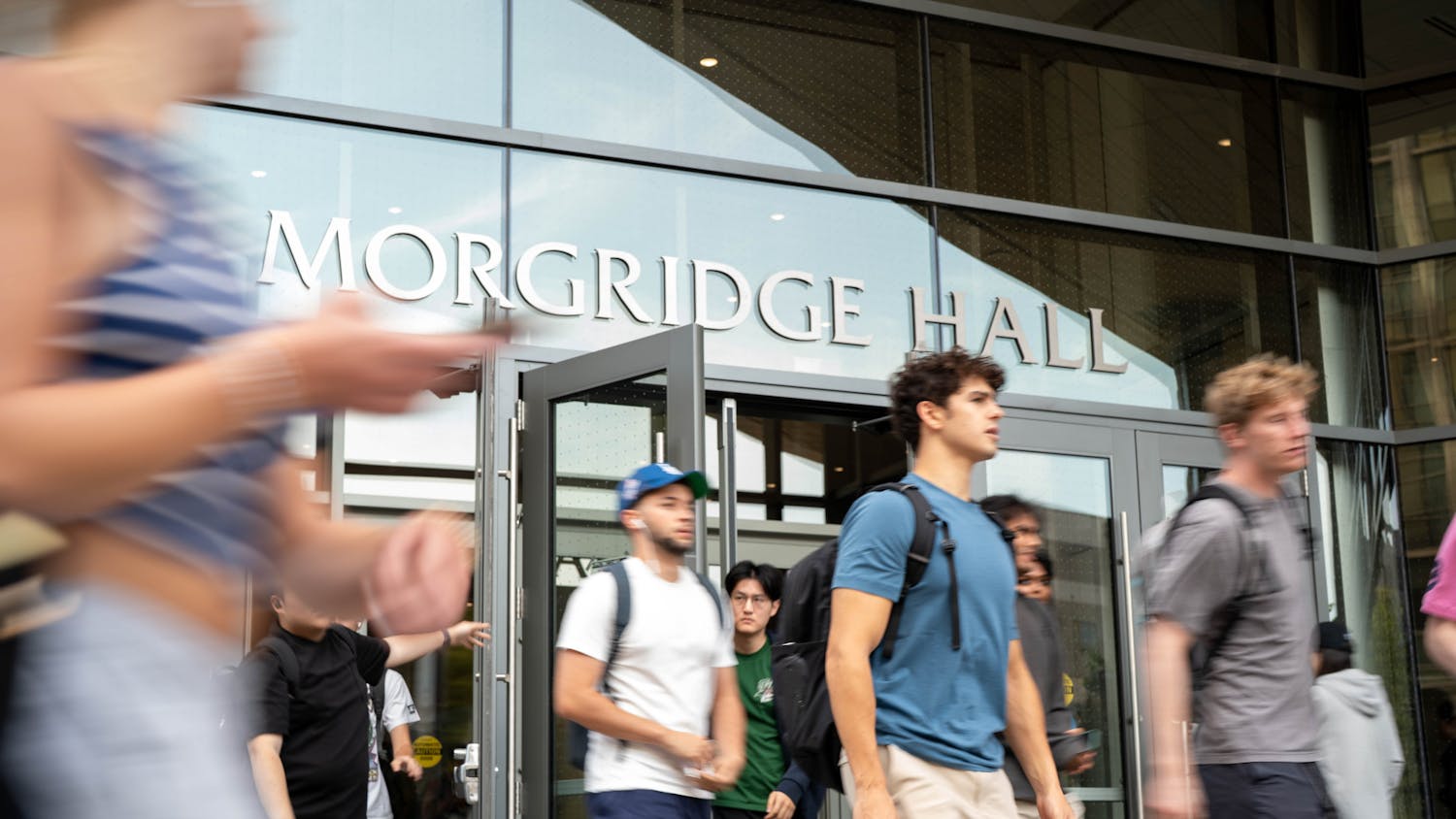As student dining hall employees across campus return to their food stations this fall, they will go back to work with an added perk—a 30 percent discount on food and beverages.
It allows student employees who live off-campus to benefit from the same discount that those living in the dorms already receive. The discount applies to all UW-Madison dining halls, with the exception of purchases at Flamingo Run, The Bean and Creamery and Badger Markets. According to Brendon Dybdahl, spokesperson for University Housing, the change will not affect students’ hourly wages.
Head Student Supervisor at Rheta’s Market Cassie Sedgwick said she was “ecstatic” when she heard about the discount because it will allow her to save money on the meals she eats there before or after her shifts.
“This discount has made me feel more valued as a member of the dining team. I think this change really shows how much dining cares about the student staff,” Sedgwick said. “I would have continued working in the dining halls with or without the discount, but this has certainly boosted my morale.”
Director of University Housing Jeff Novak said the discount was offered over the summer to both recruit more workers and encourage current staff to stay on. Novak said he made the decision to implement the discount based on recommendations from WiGrow, a student employment engagement program at UW-Madison.
For years, students have recommended a dining discount on WiGrow’s exit survey. Novak said the discount is consistent with many programs throughout the country.
“The dining area is a much more difficult area at times to attract student employees for,” Novak said. “Often, students might take a lower wage if it’s an academic-related opportunity than a higher wage. I think across university housing and at all institutions, student employment in a dining program is one of the more difficult positions to fill.”
Novak said students today aren’t working as much in dining halls; on average, student employees work there only six or seven hours per week. But during the recession in 2008 and 2009, Dybdahl said university dining halls had a waiting list of students who needed as many hours as possible. He said he hopes the new discount will once again boost recruitment and retention rates.
“There is a lot of benefit to keeping and retaining those employees,” Dybdahl said. “They’re experienced. They know the organization and they know how to serve customers. You don’t have to do as much training for them. They might develop into great student supervisors.”
Despite the decreased price for non-resident dining hall employees, Novak said he doesn’t think the university will be losing money.
“In fact, as we looked at implementing this new benefit, we did look to see what our non-resident student employees were spending and it was not quite a lot,” Novak said. “So we do hope that perhaps this might lead to increased revenue as well as the benefit for the students—because they’ll now be dining with us more than they ever were, because of the discount.”






